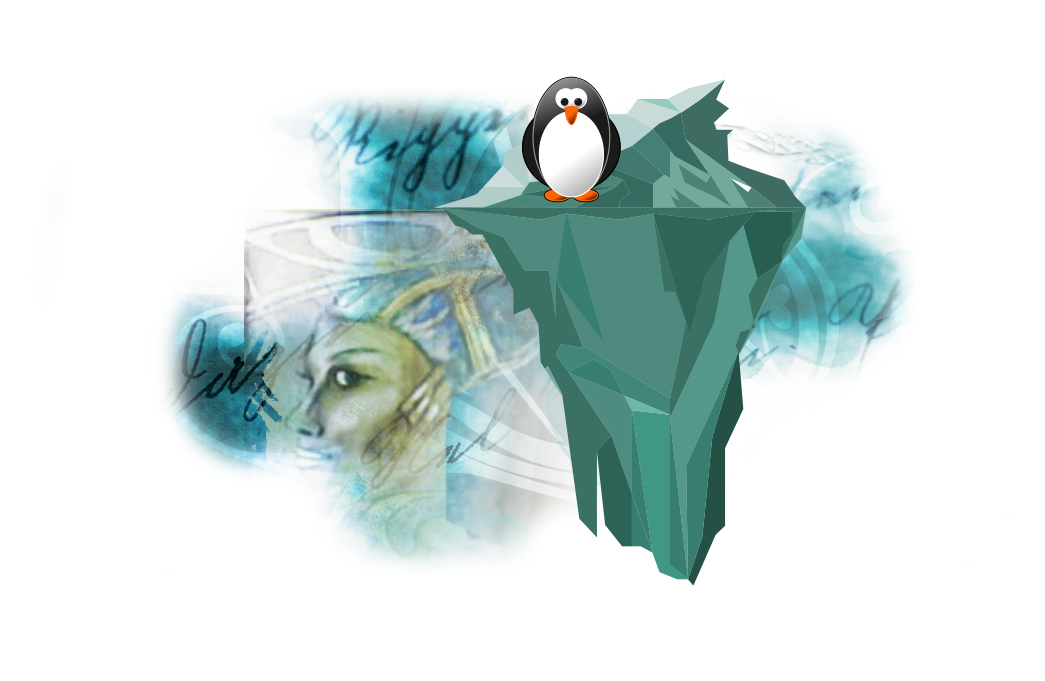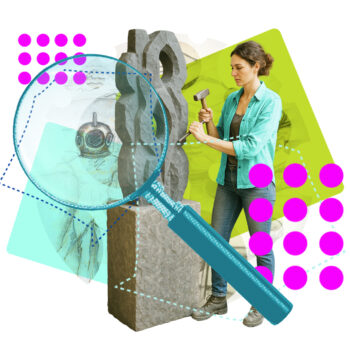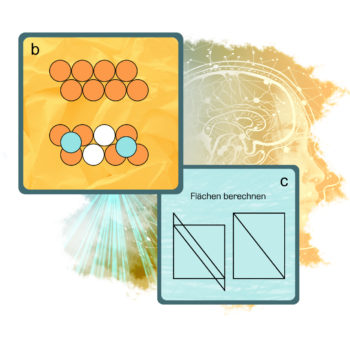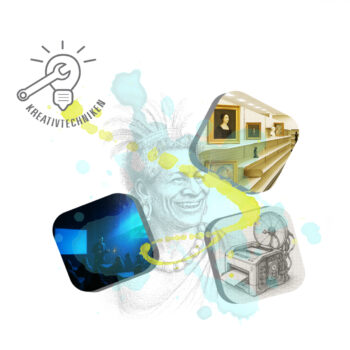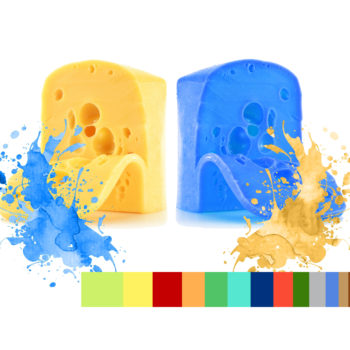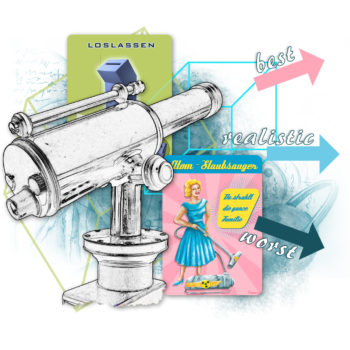Depth psychology has little to do with hidden content beneath the surface or icebergs. To clear up a few clichés for once.
When you say you are a depth psychologist, you are surprisingly rarely asked what that actually is. Somehow everyone immediately has a picture. It’s about the “subconscious”, about some dark and hidden regions “below” rational thought, which are brought to light interpretatively — either on a couch or with ominous apparatus. It provokes images of cellars, the deep sea or icebergs, where most of it lies below sea level. Fun Fact: I’ve been giving lectures on qualitative methods at a business university for a few years now, and the script I received as a template at the time was adorned with such an iceberg (and a poorly cropped one too).
I’m sure entire essays could be written on what depth psychology is all about. To make matters worse, there are countless depth psychological schools and concepts of the unconscious. But in order to get rid of the clichés, it is enough to make clear the central basic assumption of depth psychology.
First of all, depth psychology does not necessarily have anything to do with psychotherapy. It is one of many possible applications. At INNCH, for example, we use depth psychological cultural and market research as a basis for development and creation processes. Depth psychology is first of all nothing more than a certain researching attitude. In this context, the word “depth” is very unfortunate and misleading, because depth psychology has nothing to do with depth or a hidden mental place. Rather with contex, with an eye for comprehensive everyday and life-world contexts (“context psychology” or “broad psychology” would actually be more appropriate, but sounds funny).
Actually, the depth psychologist is a boring and terribly order-loving guy. Quite a square, actually. He runs (if he is paid for it) researching through the world and smells order, sense, purposefulness, intention everywhere. Nothing is coincidence or arbitrary for him, everything follows a regularity and a meaningful plan.
Unfortunately, there are many things in this world that at first glance do not make sense and are not purposeful. People fall in love with the wrong person constantly, we cannot explain our sudden sympathy or antipathy, we buy another product that we do not actually need. This upsets the order- and principle-loving depth psychologist so much that he invents a construct, so that everything makes sense again and has its order: The unconscious. Nothing is more distasteful to him than to abandon his conviction that everything in the realm of behavior and experience makes sense, fulfills a purpose, follows a purposeful pattern. That simply nothing and really nothing at all is arbitrary or coincidental. That’s just how he is, the depth psychologist.
The unconscious is thus nothing more than the assumed and added “missing” context of meaning. A context that sometimes is just not clear to us, not conscious, because we do not have all life experiences and our entire life context constantly on the screen. This connection is also not somewhere “below”, it is the patterns, the patterns between what is otherwise all quite obvious. Sometimes these connections seep out of our every pore. They are in statements and ideas, they live in the stories that respondents tell us in in-depth interviews, they reveal themselves in how these stories are remembered and in what words they are told, they show up in people’s imaginings or reveal themselves in the interpersonal dynamics of conversations.
The “transference” is also nothing else than such an interpersonal dynamic, which one already knows from everyday life. There the student stands “in the morning” at 12 o’clock in the bakery and buys rolls for breakfast and the saleswoman looks at him supposedly strangely. Our student already has an unpleasant feeling. What he doesn’t realize is that he is simply transferring his (guilty) feelings, which he knows from home when he has slept so late again and his mother has reproached him, to the saleswoman. The saleswoman doesn’t care about all this, she probably doesn’t know anything about this transfer. By assuming such a connection — neither the student nor the saleswoman is aware of it — from a larger context (the student’s life story), the depth psychologist can sleep peacefully again. He has saved the order of the world and can stick to his worldview: Everything makes sense.
Such unconscious connections can also be tense or even conflictual, they are sometimes simple and sometimes complex and multi-layered, they are sometimes more or less available to us, they follow their own psycho-logical rules which differ from those of “logical reason”, they are associative, visual, “physical” and often “sloppy”. However, they always make sense.
One must be clear, of course: A concept like “The Unconscious” is a scientific construct, and thus first of all an assumption of the psychologist. Actually, it is even irrelevant whether the unconscious really exists or whether it is only a construct. What is important — and only then may depth psychological research call itself scientific: It must be made comprehensible, verifiable and transparent how these connections of meaning are reconstructed. Other researchers — as long as they work with comparable methods and start from the same basic assumption (“everything makes sense”) — must come to the same conclusion. In the corporate context, it must prove useful, not only to explain experience and behavior, but also to make forecasts and potential assessments possible, or to serve as a practicable basis for creation processes.
Oh, and there is another prejudice that you encounter again and again as a depth psychologist, preferably at parties: “Oh, you’re a psychologist, I’ll have to watch what I say.” Careful: That’s not a cliché, it’s true!
(ms)

